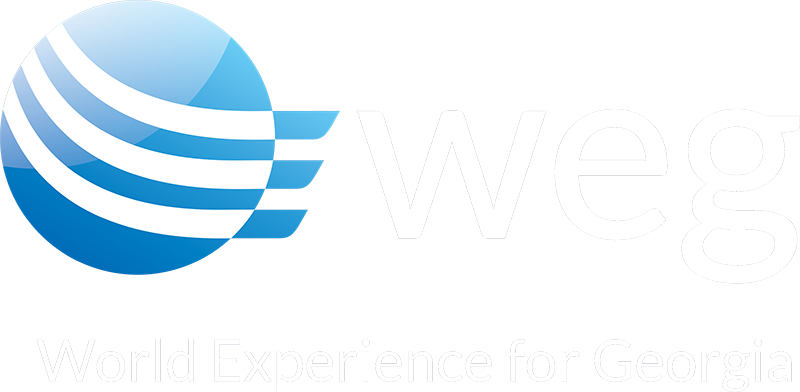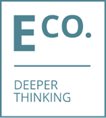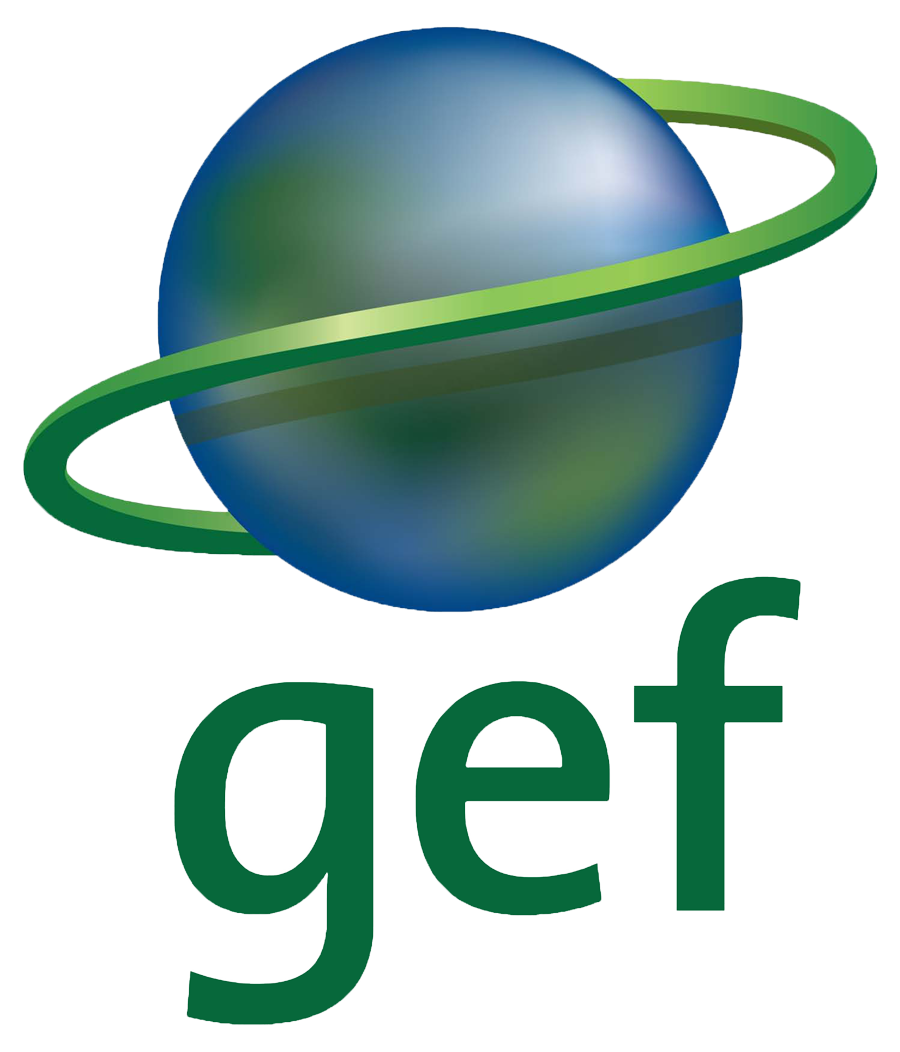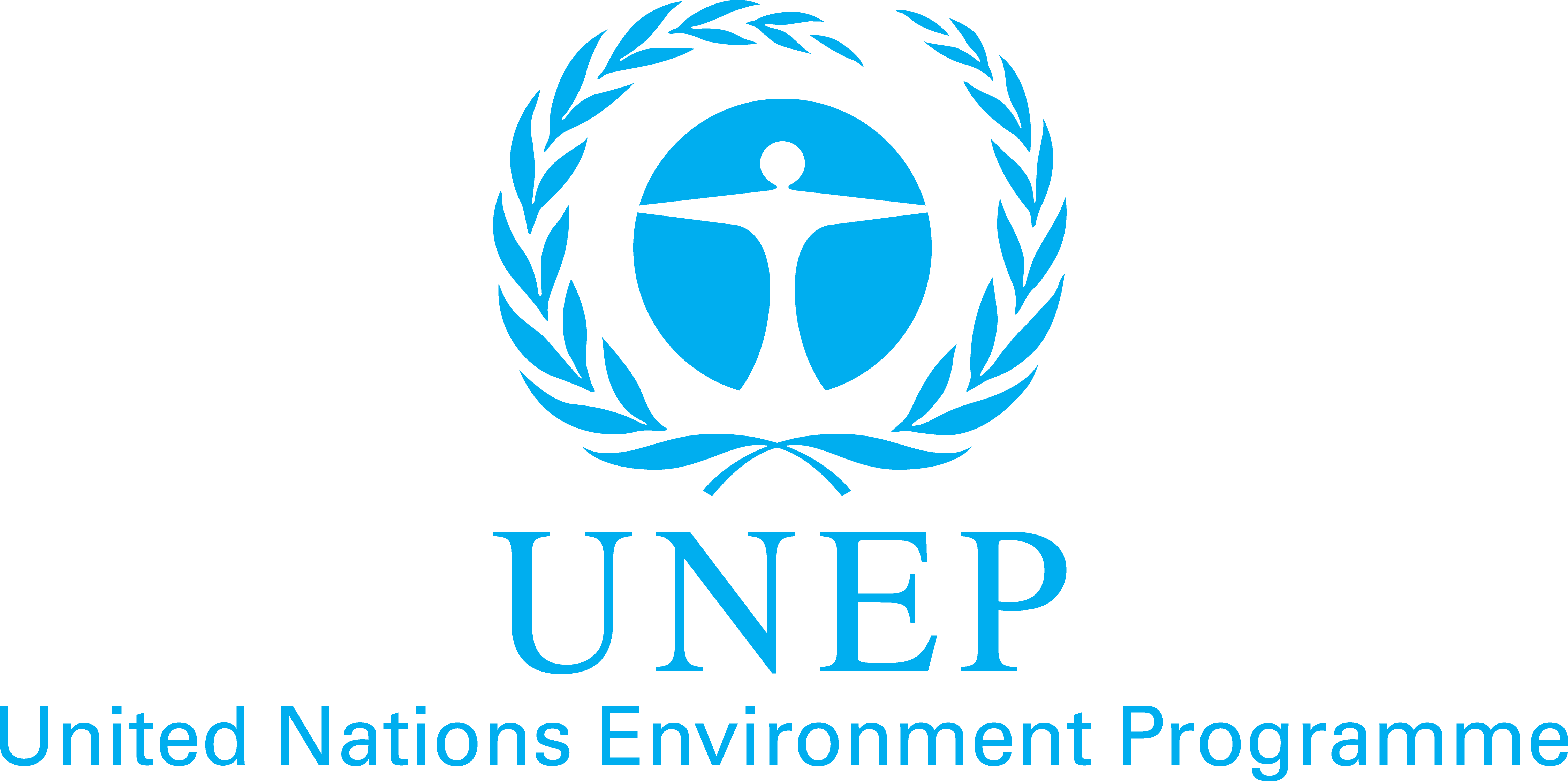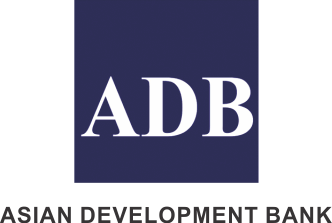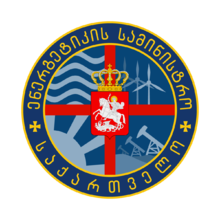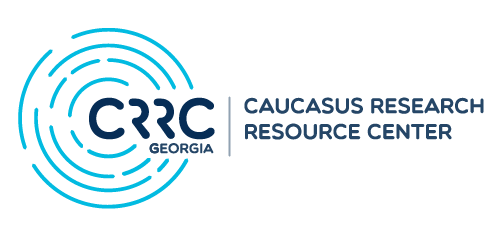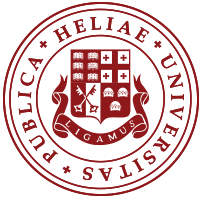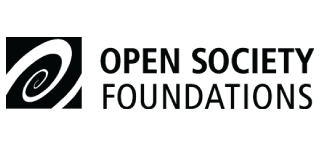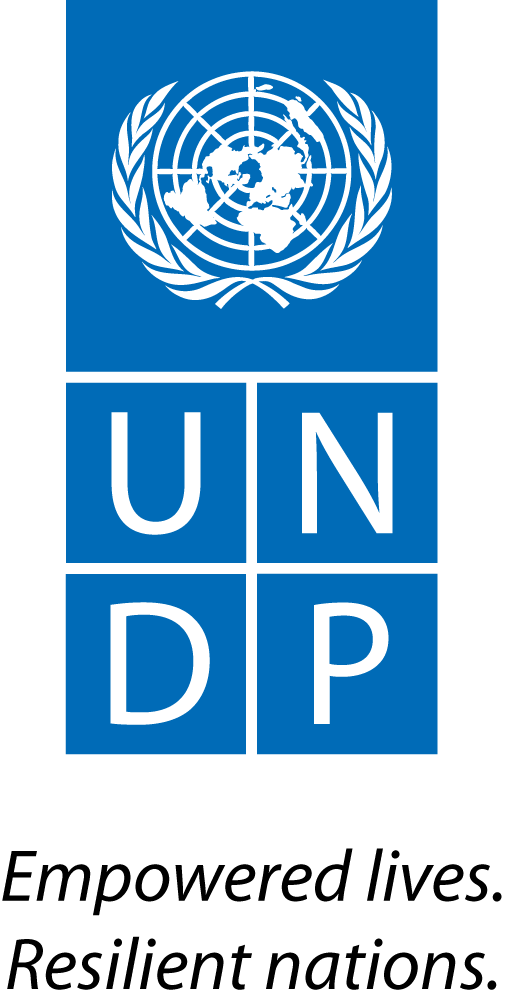Scholarship Program for Master of Science in hydropower development
Norwegian Water Resources and Energy Directorate, through the Ministry of Economy and Sustainable Development of Georgia, offers four scholarships to Georgians who want to study Hydropower development at the master’s level at Norwegian University of Science and Technology (NTNU) in Trondheim/Norway. Scholarships are tenable for two-year master programmes starting in 2021 and 2022.
Georgia and Norway – two hydropower countries
About 80 percent of Georgia’s electricity demand is covered by local hydropower plants. The construction of hydro power plants in Georgia has a long tradition, which has been reactivated in recent years. Both large power plants with reservoirs and small hydropower plants are under construction or being planned.
Norway has a long tradition in developing hydropower. Hydropower is the mainstay of the Norwegian electricity system. Norway has 1660 hydropower plants, which accounts for 31 837 or 96 % of total installed capacity. Norway and NTNU has developed competence at the highest international level within environmentally friendly development and operation of hydropower plants.
International master’s degree programme in Hydropower Development
NTNU’s International master's degrees are programmes taught entirely in English. The master’s degree programme in hydropower extends over two academic years (4 semesters) and constitutes a course load of 120 ECTS credits. The programme is open to both international and Norwegian students.
The programme in hydropower development is run by The Department of Civil and Environmental Engineering. Students and researchers graduating from the department’s programs provide both the public and private sectors with expertise and skills in the areas of civil and transportation engineering, structural engineering, water and wastewater engineering, and hydraulic engineering.
Programme components
The first year consists of a series of foundational courses and a larger group project where the students apply knowledge from the other courses by conducting a pre-feasibility study of the development alternatives in a Norwegian river system. This involves learning how to combine techniques, environment and economy to secure success.
Second year and final year consists of four compulsory advanced courses in the autumn, while the entire spring semester is dedicated to the master's thesis.
Learning outcome
- Broad basic knowledge in Mathematics, Science, Technology and Computer Science
- Broad engineering- and research-based knowledge in Hydropower Development,
- Insight in selected social science, humanistic, and other non-technical disciplines of relevance to the exercise of the engineering profession,
- Understand the role of engineer in a comprehensive societal perspective, have insight in ethical requirements and consideration of sustainable development
- Ability to disseminate, communicate and cooperate inter-disciplinary on engineering problems and solutions
- Understand possibilities and limitations when using information and communication technology, including juridical and societal aspects
- Ability to lead and motivate co-workers, including having an international perspective on his/her profession, and develop ability to international orientation and collaboration
Job prospects with a master’s degree in Hydropower Development
With a master’s degree in Hydropower Development you will have interesting engineering career prospects in Georgia:
- consulting engineering companies
- contractors
- water and energy authorities
- developers
- power and utilities companies
Norwegian University of Science and Technology (NTNU)
NTNU is a university with an international focus, with headquarter in Trondheim in Central Norway.
NTNU is the largest university in Norway, with more than 40 000 students. About 5000 employees work with teaching, research and dissemination (academic positions), off which more than 42 per cent are women and more than 30 per cent are international. NTNU has close cooperation with SINTEF, an R&D organization with 1800 employees.
NTNU has a main profile in science and technology, a variety of programmes of professional study, and great academic breadth that also includes the humanities, social sciences, economics, medicine, health sciences, educational science, architecture, entrepreneurship, art disciplines and artistic activities.
The city of Trondheim
Trondheim is well known as a top location for students and academics, and the city is regularly rated as the best student town in Norway.
Trondheim has the perfect mix of urban life and scenic surroundings. In the summer months you can fish for salmon in the river, right in the middle of town. Great hiking and ski trails are just a short tram-ride away.
The scholarships
The scholarships will cover:
- The set minimum required amount for covering the cost of living in Norway, this amount is set by the Norwegian immigration authorities and is subject to yearly adjustments. The scholarship will be adjusted accordingly.
- Cost of travel to and from Norway.
- Cost of the fees for applying for a Norwegian residence permit.
- A personal laptop computer available to you during the extent of the scholarship period.
- The semester fee to the student welfare organization.
Qualifications
To qualify for admission to the MSc programme in Hydropower Development, you must have:
- A Bachelor of Science degree in civil, hydraulic or water resources engineering or equivalent. The degree must have been completed by the start of the semester at NTNU in August
- At least 30 ECTS in mathematics/statistics in the Bachelor's degree, including at least one course in statistics
- Excellent academic performance: A minimum requirement for admission to all programmes is the grade C or better on the ECTS scale. NTNU converts GPAs for education from other countries than Norway, and applicants are ranked based on this assessment. NTNU does not have the capacity to assess your grade average before you apply, and requests to do so will not be obliged.
- English proficiency (see below)
English proficiency
Students applying to an International master's programme at NTNU must fulfil and be able to document, at least one of the English language requirements listed below to be eligible for admission.
English tests must be no more than two years old at the time of applying to NTNU. This means that tests taken more than two years from the application date will not be accepted. The exception is the Cambridge test (CAE, First Certificate or Certificate of Proficiency), for which there is no expiration date.
To be eligible to apply you will need to have at least one of the requisites in the list below:
• TOEFL (Test of English as a Foreign Language):
Minimum score of 90 points on the internet based test
Minimum score of 600 points on the paper based test
• IELTS (International English Language Testing Service)
Academic test with a minimum overall band score of 6.5
• University of Cambridge tests, at least one:
First Certificate in English - Certificate in Advanced English - Certificate of Proficiency in English
• Pearsons Academic English test (PTE): The academic version with a minimum score of 62
How to apply?
Please contact one of the contact persons at Georgian Technical University or Ilia State University for more information and a pre-vetting of your qualifications.
Application for the scholarships shall be submitted to NVE after you have been admitted to the programme by NTNU.
Contact persons
Ministry of economy and sustainable development of Georgia: Nana Imedashvili, nimedashvili@moesd.gov.ge
Georgian Technical University: Paata Tsintsadze, p.tsintsadze@gtu.ge
Ilia State University: Murman Margvelashvili, murman.margvelashvili@iliauni.edu.ge
Royal Norwegian Embassy Tbilisi: David Magradze, David.Magradze@mfa.no
Norwegian Water Resources and Energy Directorate: Kirsten Winther Westgaard, kwe@nve.no
Norwegian University of Science and Technology: Admissions for master's degree students: admissions@st.ntnu.no
